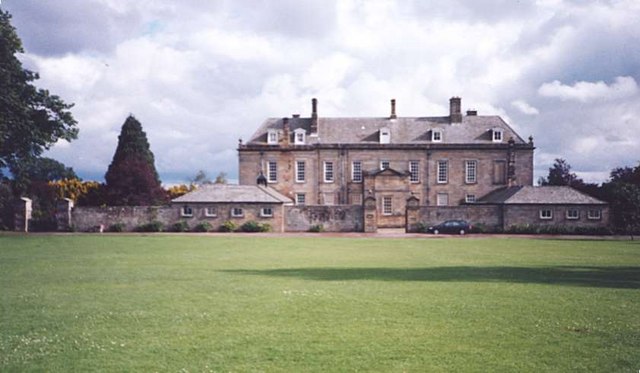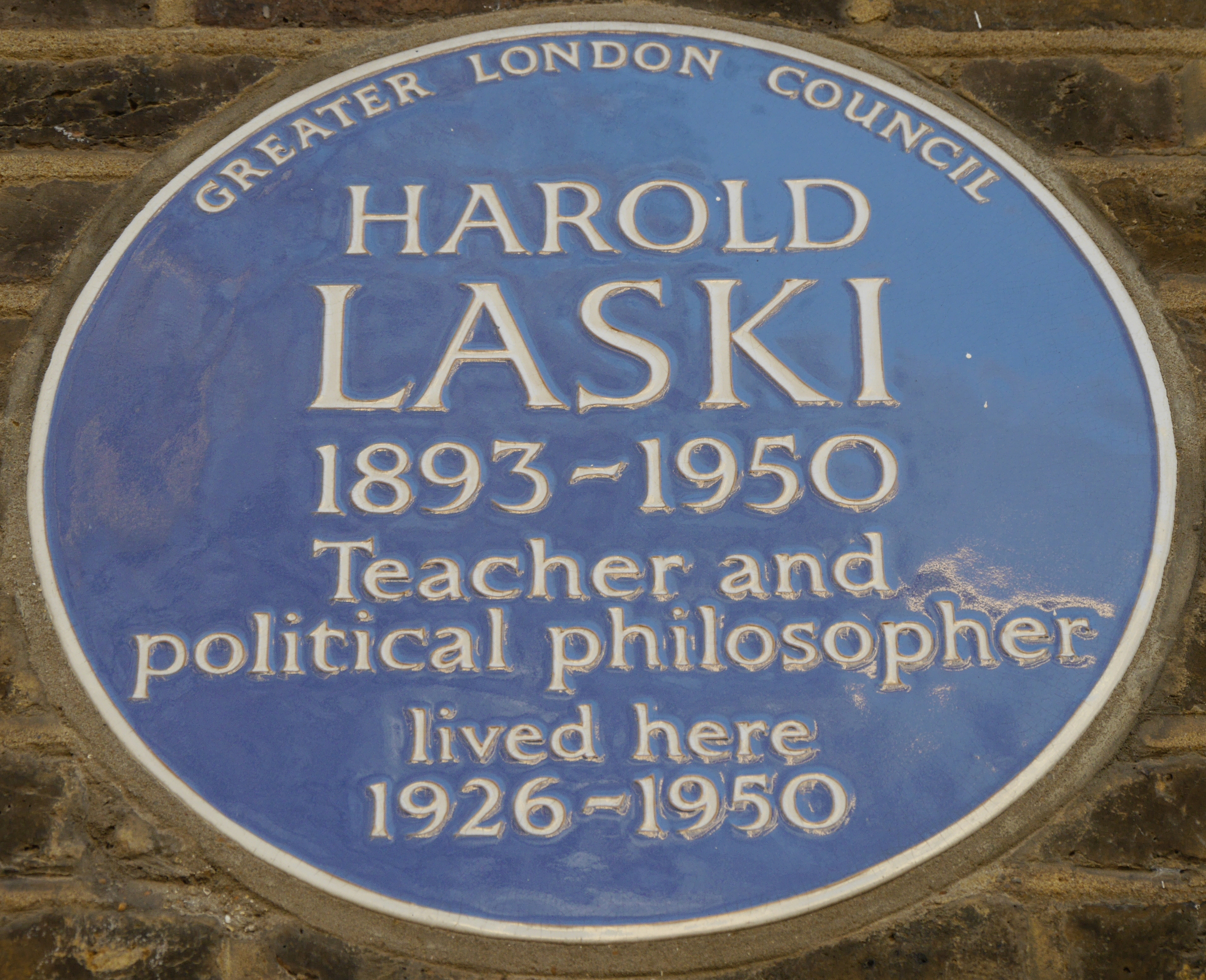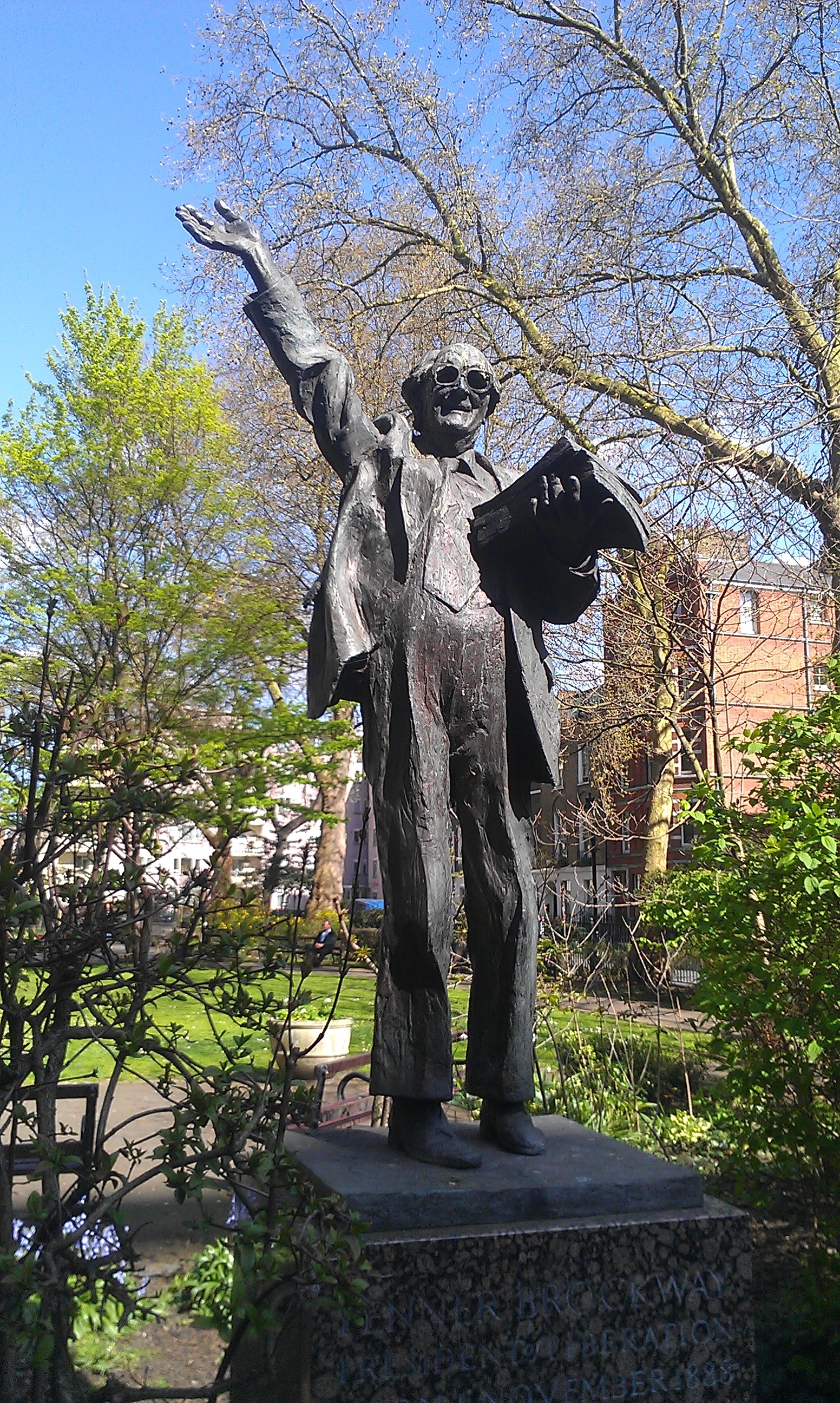|
Socialist League (UK, 1932)
The Socialist League was an organisation inside the British Labour Party, which sought to push it to the left. It was formed in 1932, through a merger between the National ILP Affiliation Committee (NILP) and the Society for Socialist Inquiry and Propaganda (SSIP), and ceased to exist in 1937. Political origins The Society for Socialist Inquiry and Propaganda was created by G. D. H. Cole in June 1931, and principally consisted of guild socialists, including Frank Horrabin and Bill Mellor. Cole hoped to attract trade unionists, but although Ernest Bevin agreed to become honorary chairman, Arthur Pugh was the only prominent trade unionist to become actively involved.Ben Pimlott, ''Labour and the Left in the 1930s'', 1977, pp. 42-58. The National ILP Affiliation Committee was founded by a group of Independent Labour Party (ILP) members who disagreed with their party's decision in 1932 to disaffiliate from the Labour Party. Led by Frank Wise, they entered into negotiations with ... [...More Info...] [...Related Items...] OR: [Wikipedia] [Google] [Baidu] |
Labour Party (UK)
The Labour Party is a political party in the United Kingdom that has been described as an alliance of social democrats, democratic socialists and trade unionists. The Labour Party sits on the centre-left of the political spectrum. In all general elections since 1922, Labour has been either the governing party or the Official Opposition. There have been six Labour prime ministers and thirteen Labour ministries. The party holds the annual Labour Party Conference, at which party policy is formulated. The party was founded in 1900, having grown out of the trade union movement and socialist parties of the 19th century. It overtook the Liberal Party to become the main opposition to the Conservative Party in the early 1920s, forming two minority governments under Ramsay MacDonald in the 1920s and early 1930s. Labour served in the wartime coalition of 1940–1945, after which Clement Attlee's Labour government established the National Health Service and expanded the welfa ... [...More Info...] [...Related Items...] OR: [Wikipedia] [Google] [Baidu] |
Aneurin Bevan
Aneurin "Nye" Bevan PC (; 15 November 1897 – 6 July 1960) was a Welsh Labour Party politician, noted for tenure as Minister of Health in Clement Attlee's government in which he spearheaded the creation of the British National Health Service. He is also known for his wider contribution to the founding of the British welfare state. He was first elected as MP for Ebbw Vale in 1929, and used his Parliamentary platform to make a number of influential criticisms of Winston Churchill and his Conservative government during the Second World War. Before entering Parliament, Bevan was involved in miner's union politics and was a leading figure in the 1926 general strike. Bevan is widely regarded as one of the most influential left-wing politicians in British history. Raised in Monmouthshire by a Welsh working-class family, he was the son of a coal miner and left school at 14. Bevan first worked as a miner during his teens where he became involved in local miner's union ... [...More Info...] [...Related Items...] OR: [Wikipedia] [Google] [Baidu] |
Sir Charles Trevelyan, 3rd Baronet
Sir Charles Philips Trevelyan, 3rd Baronet (28 October 1870 – 24 January 1958) was a British Liberal Party, and later Labour Party, politician and landowner. He served as President of the Board of Education in 1924 and between 1929 and 1931 in the first two Labour administrations of Ramsay MacDonald, the first Labour Prime Minister. Background Born into a liberal aristocratic family (see Trevelyan baronets of Nettlecombe, 1662), Charles was the eldest son of Sir George Trevelyan, 2nd Baronet, and his wife Caroline, daughter of Robert Needham Philips MP.Trevelyan, Sir George Otto, Bart ( 1911, Volume 27, p. 255, at ... [...More Info...] [...Related Items...] OR: [Wikipedia] [Google] [Baidu] |
Dick Mitchison
Gilbert Richard Mitchison, Baron Mitchison, (23 March 1894 – 14 February 1970) was a British Labour politician. Born in Staines, Mitchison was educated at Eton College and New College, Oxford, and became a barrister ( called to the bar in 1917) and King's Counsel. He served with the Queen's Bays in the First World War, attaining the rank of Major and gaining the Croix de Guerre. He worked in the Ministry of Labour during the Second World War, on the Beveridge manpower survey, and led the Nuffield College social reconstruction survey. Mitchison stood for Parliament without success in King's Norton at the 1931 and 1935 elections. He was the Labour Member of Parliament for Kettering between 1945 and 1964, beating the young incumbent, John Profumo, at the 1945 election. In Parliament, Mitchison sponsored the New Streets Act as a private member's bill. He was given a life peerage, created Baron Mitchison, of Carradale in the County of Argyllshire on 5 October 1964. He ... [...More Info...] [...Related Items...] OR: [Wikipedia] [Google] [Baidu] |
Edward Frank Wise
Edward Frank Wise CB (3 July 1885 – 5 November 1933) was a British economist, civil servant and Labour Party politician. He served as a Member of Parliament (MP) from 1929 to 1931. As a civil servant at the National Insurance Commission, War Office and Ministry of Food and Board of Trade he was instrumental in introducing state control for the requisitioning of raw materials at the War Office and of prices and the meat trade at the Ministry of Food. Following the Paris Peace Conference, 1919, he was a Delegate to the Supreme Economic Council and led the negotiations for the Anglo-Soviet Trade Agreement 1920–21. He was an adviser to David Lloyd George at the Genoa Conference (1922). He controversially resigned from the UK Civil Service to become the Director of the Soviet Union's Trade Office Centrosoyuz in 1923. Wise was elected as an Independent Labour Party Member of Parliament for Leicester East at the May 1929 general election, but lost his seat at the subsequent ... [...More Info...] [...Related Items...] OR: [Wikipedia] [Google] [Baidu] |
Charles Loch Mowat
Charles Loch Mowat (4 October 1911 – 23 June 1970) was a British-born American historian. Biography Mowat was educated at Marlborough College and St John's College, Oxford. John Ramsden (ed.), ''The Oxford Companion to Twentieth Century British Politics'' (Oxford University Press, 2005), p. 446. In 1934 he emigrated to the United States, where he became an American citizen. From 1934 until 1936 he taught at the University of Minnesota. In 1936 he took up a position at the University of California, Los Angeles. His opposition to McCarthyism led to him leaving UCLA and taking a post at the University of Chicago in 1950. In 1958 he returned to Britain to be professor of history at the University College of North Wales, Bangor, a post he held until 1958. His best known book is ''Britain Between the Wars'', which became the standard text on the nation's interwar period. A. J. P. Taylor Alan John Percivale Taylor (25 March 1906 – 7 September 1990) was a British ... [...More Info...] [...Related Items...] OR: [Wikipedia] [Google] [Baidu] |
Harold Laski
Harold Joseph Laski (30 June 1893 – 24 March 1950) was an English political theorist and economist. He was active in politics and served as the chairman of the British Labour Party from 1945 to 1946 and was a professor at the London School of Economics from 1926 to 1950. He first promoted pluralism by emphasising the importance of local voluntary communities such as trade unions. After 1930, he began to emphasize the need for a workers' revolution, which he hinted might be violent. Laski's position angered Labour leaders who promised a nonviolent democratic transformation. Laski's position on democracy threatening violence came under further attack from Prime Minister Winston Churchill in the 1945 general election, and the Labour Party had to disavow Laski, its own chairman. Laski was one of Britain's most influential intellectual spokesmen for Marxism in the interwar years. In particular, his teaching greatly inspired students, some of whom later became leaders of the newly i ... [...More Info...] [...Related Items...] OR: [Wikipedia] [Google] [Baidu] |
Michael Foot
Michael Mackintosh Foot (23 July 19133 March 2010) was a British Labour Party politician who served as Labour Leader from 1980 to 1983. Foot began his career as a journalist on ''Tribune'' and the ''Evening Standard''. He co-wrote the 1940 polemic against appeasement of Adolf Hitler, ''Guilty Men'', under a pseudonym. Foot served as a Member of Parliament (MP) from 1945 to 1955 and again from 1960 until he retired in 1992. A passionate orator, and associated with the left wing of the Labour Party for most of his career, Foot was an ardent supporter of the Campaign for Nuclear Disarmament and of British withdrawal from the European Economic Community (EEC). He was appointed to the Cabinet as Secretary of State for Employment under Harold Wilson in 1974, and he later served as Leader of the House of Commons (1976–1979) under James Callaghan. He was also Deputy Leader of the Labour Party under Callaghan from 1976 to 1980. Elected as a compromise candidate, Foot serve ... [...More Info...] [...Related Items...] OR: [Wikipedia] [Google] [Baidu] |
Barbara Castle
Barbara Anne Castle, Baroness Castle of Blackburn, (''née'' Betts; 6 October 1910 – 3 May 2002), was a British Labour Party politician who was a Member of Parliament from 1945 to 1979, making her one of the longest-serving female MPs in British history. Regarded as one of the most significant Labour Party politicians, Castle developed a close political partnership with Prime Minister Harold Wilson and held several roles in the Cabinet. She remains to date the only woman to have held the office of First Secretary of State. A graduate of the University of Oxford, Castle worked as a journalist for both ''Tribune'' and the ''Daily Mirror'', before being elected to Parliament as MP for Blackburn at the 1945 election. During the Attlee Government, she was Parliamentary Private Secretary to Stafford Cripps, and later to Harold Wilson, marking the beginning of their partnership. She was a strong supporter of Wilson during his campaign to become Leader of the Labour Party, and fol ... [...More Info...] [...Related Items...] OR: [Wikipedia] [Google] [Baidu] |
Harry Pollitt
Harry Pollitt (22 November 1890 – 27 June 1960) was a British communist who served as the General Secretary of the Communist Party of Great Britain (CPGB) from 1929 to September 1939 and again from 1941 until his death in 1960. Pollitt spent most of his life advocating communism. Ideologically a Marxist-Leninist, Pollitt was an adherent particularly of Joseph Stalin even after Stalin's death and disavowal by Nikita Khrushchev. Pollitt's acts included opposition to the Allied intervention in the Russian Civil War and Polish–Soviet War, support for the Spanish Republicans during the Spanish Civil War, both support and opposition to the war against Nazi Germany, defence of the communist coup in Czechoslovakia, and support for the 1956 Soviet invasion of Hungary. He contested a number of parliamentary elections, but never won, despite coming close in 1945. Throughout his time as leader of CPGB, he was in direct secret radio contact with Moscow as CPGB's "Code Holder", and was ... [...More Info...] [...Related Items...] OR: [Wikipedia] [Google] [Baidu] |
Fenner Brockway
Archibald Fenner Brockway, Baron Brockway (1 November 1888 – 28 April 1988) was a British socialist politician, humanist campaigner and anti-war activist. Early life and career Brockway was born to W. G. Brockway and Frances Elizabeth Abbey in Calcutta, British India. While attending the School for the Sons of Missionaries, then in Blackheath, London (now Eltham College), from 1897 to 1905, he developed an interest in politics. In 1908, Brockway became a vegetarian. Several decades later, during a debate in a House of Lords on animal cruelty, he said: "I am a vegetarian and I have been so for 70 years. On the whole, I think, physically I am a pretty good advertisement for that practice." After leaving school, he worked as a journalist for newspapers and journals including ''The Quiver'', the ''Daily News'' and the ''Christian Commonwealth''. In 1907, Brockway joined the Independent Labour Party (ILP) and was a regular visitor to the Fabian Society. He was appointed editor of th ... [...More Info...] [...Related Items...] OR: [Wikipedia] [Google] [Baidu] |
James Maxton
James Maxton (22 June 1885 – 23 July 1946) was a British left-wing politician, and leader of the Independent Labour Party. He was a pacifist who opposed both world wars. A prominent proponent of Home Rule for Scotland, he is remembered as one of the leading figures of the Red Clydeside era. He broke with Ramsay MacDonald and the second minority Labour government, and became one of its most bitter critics. As the leader of the Independent Labour Party (ILP), he disaffiliated the ILP from the mainstream party in 1932. Afterwards, he became an independent dissident outside front-line politics. Biography Early years Born in then burgh of Pollokshaws (now part of the city of Glasgow) in 1885, James Maxton was the son of two schoolteachers. He would himself later enter that profession after his education at Hutchesons' Boys' Grammar School and the University of Glasgow. Whilst studying at the University of Glasgow, Maxton had described his political loyalties as lying with the ... [...More Info...] [...Related Items...] OR: [Wikipedia] [Google] [Baidu] |




.jpg)

